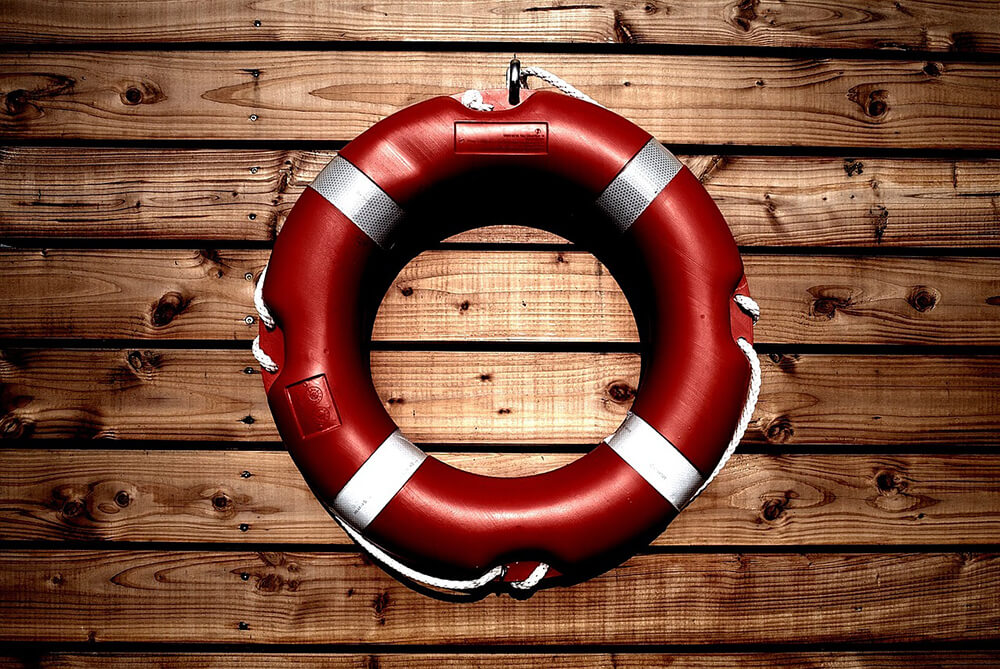The “Rescue Doctrine” – Injury During Rescue is Compensable

If you’ve ever been in a life or death situation, you know how there’s often little time to act before something catastrophic happens. In some cases, there are those good-willed individuals who are willing to risk their safety to come to the aid of others. When this happens, there are often legal questions that arise after the fact as to whether or not the rescuer should be owed compensation for injuries they sustained because they were acting voluntarily. The answer to this question is yes.
According to the Rescue Doctrine, a rescuer can recover damages from a defendant when the rescuer is injured while helping someone. In order for an injured party to seek compensation through this doctrine, however, they need to be able to prove four specific elements. If you’ve been in a situation where you helped someone in an accident and were hurt as a result, our lawyers may be able to help you prove you are owed monetary damages for your losses.
What is the Rescue Doctrine?
In order to understand how the Rescue Doctrine could potentially apply to your case today, it’s important to understand the history behind it. It evolved from a case: Wagner v. International Railway, 232 N.Y. 176 (1921). Riders on the trains of International Railway were allowed to walk between cars while the train was moving. One time, a rider fell through the cars. The plaintiff in this case helped the fallen rider and was injured as a result. The court then found the defendant liable because their negligence was what allowed the riders to walk between cars while the train was in motion.
In response to the accident, Justice Cardozo said, “Danger invites rescue. The cry of distress is the summons to relief. The emergency begets the man. The wrongdoer may not have foreseen the coming of a deliverer. He is accountable as if he had.” This statement reflects what the Rescue Doctrine is and does for third party accident victims.
It’s important to note that the Rescue Doctrine typically covers those who acted voluntarily in an emergency situation with a humane motive to prevent serious injury or loss of life to someone else. This includes rescuers who attempt to help the negligent, at-fault person. Those who have a legal duty to act, like law enforcement, emergency medical responders, etc., are not included. Those individuals are protected under the Professional Rescuers Rule.
The Elements of the Rescue Doctrine
Proving the elements of the Rescue Doctrine can be challenging without the help of an experienced legal team behind you. Understanding the required elements and being able to build a case on them is crucial. The four elements that must be proven include the following:
- The defendant’s negligent actions or inactions created a situation or condition that endangered their safety or the safety of others.
- The plaintiff, i.e. the rescuer, attempted or completed rescue of the individual who was in danger.
- As a result of their rescue efforts, the plaintiff sustained injuries or died.
- The plaintiff exercised reasonable care when attempting or completing the rescue.
Say, for example, you witnessed an animal attack. You decided to act quickly to get the dog off of the person that was being attacked. While you were able to do so, you were bitten and sustained serious injuries that required immediate medical attention. Under the law of the Rescue Doctrine, you can seek compensation for your medical bills and other losses from the dog’s owner because their negligence led to the animal attack.
Seeking Compensation Through the Rescue Doctrine
No matter how you were injured, related expenses and bills can add up quickly. It’s likely you’re dealing with bills for the medical care you received following the accident, in addition to bills for additional treatments. You may also have to take time off work while you heal, which can put you in a difficult spot financially. Fortunately, you may be able to seek compensation for those economic losses through the Rescue Doctrine. We will work with financial experts to determine how much you’re owed.
If you’ve been injured as a third-party while helping someone who was in danger of injury or death and negligence was the cause of the incident, we may be able to help you seek and claim the compensation you need to get your life back in order. Schedule a free case evaluation with Belsky, Weinberg, and Horowitz, LLC today to learn more.





